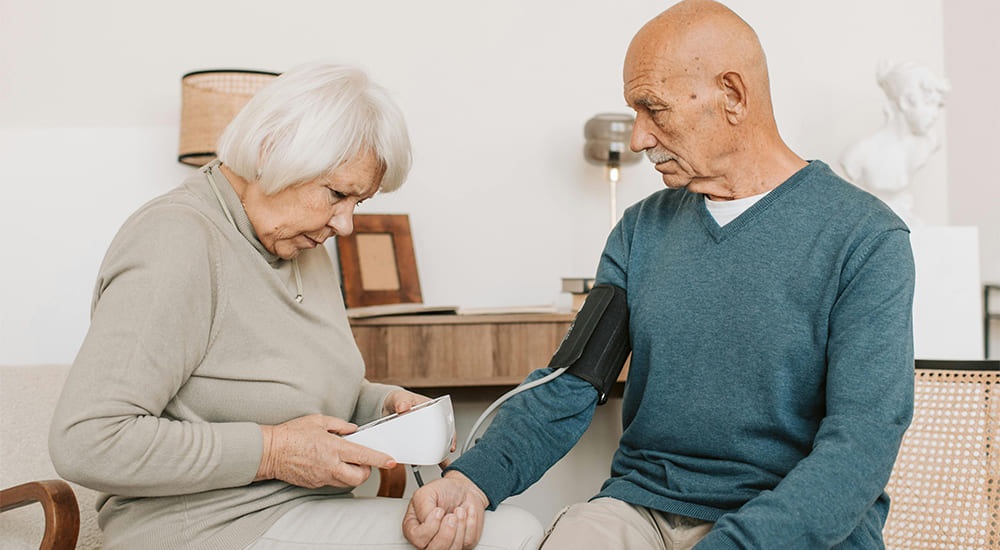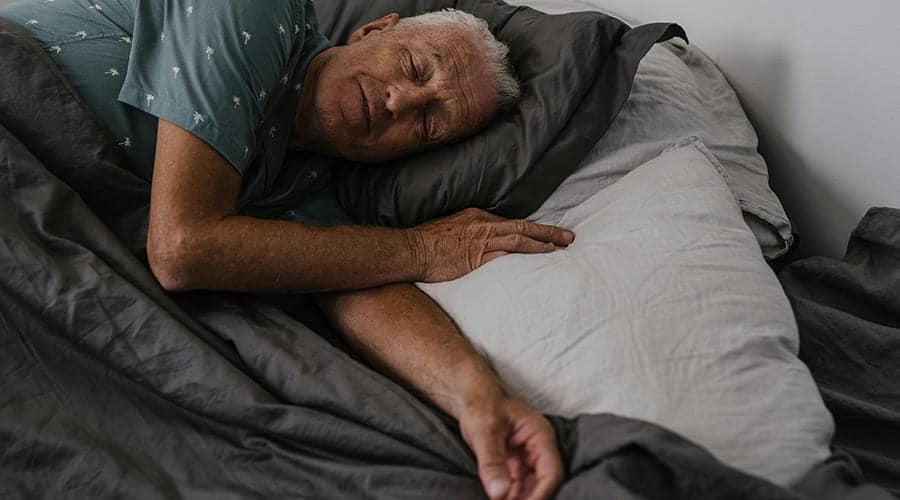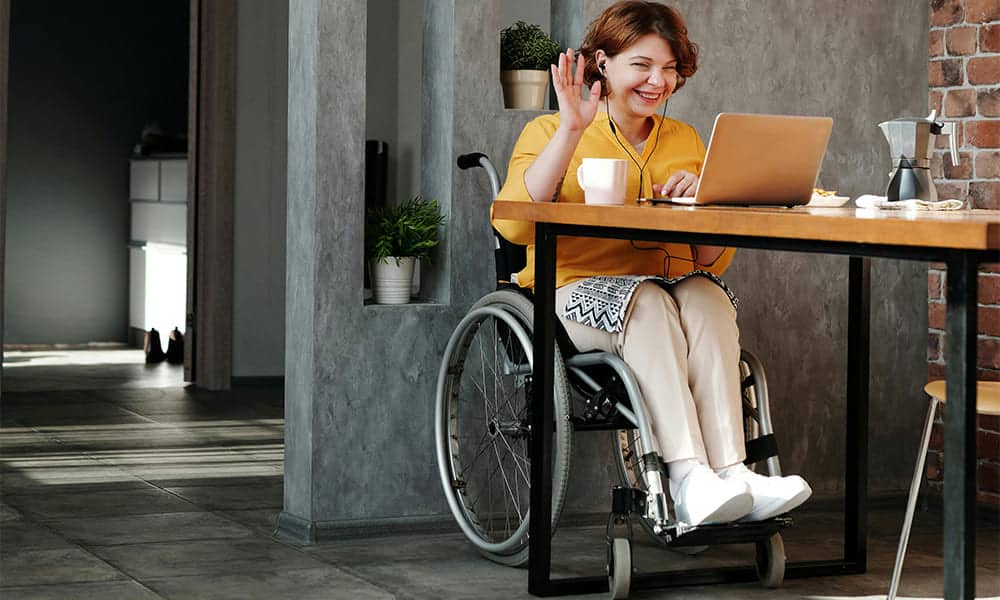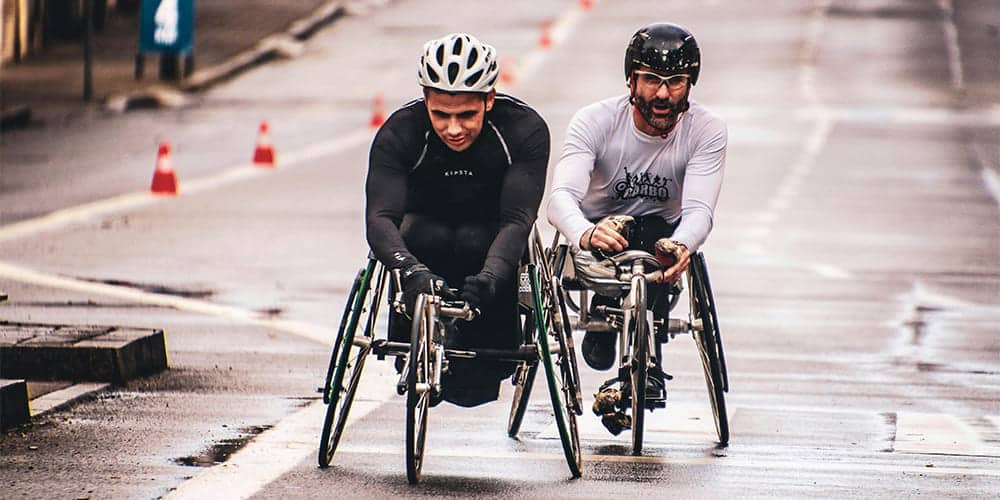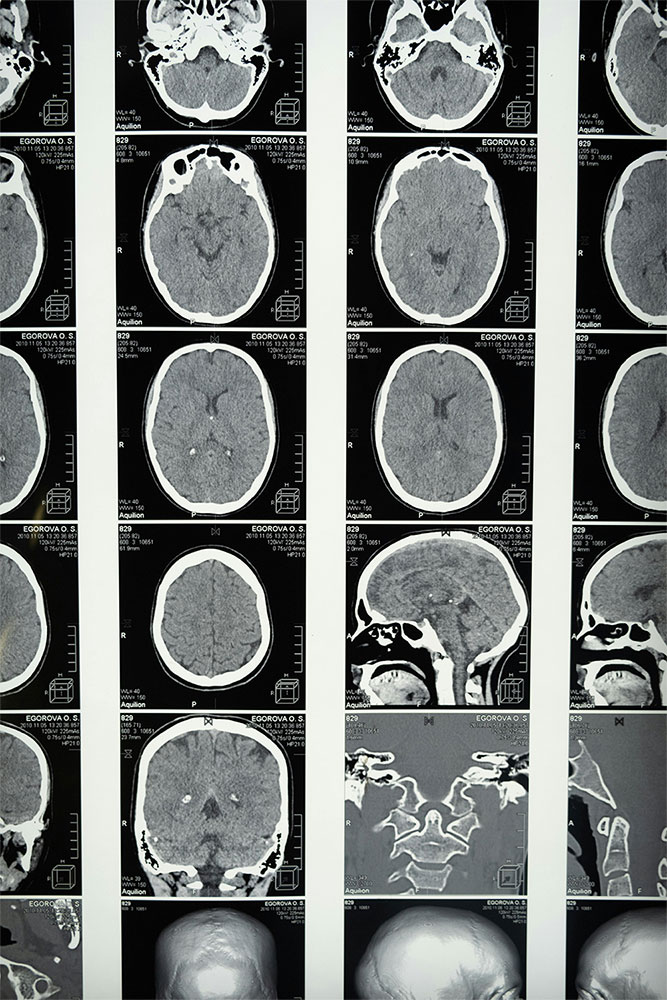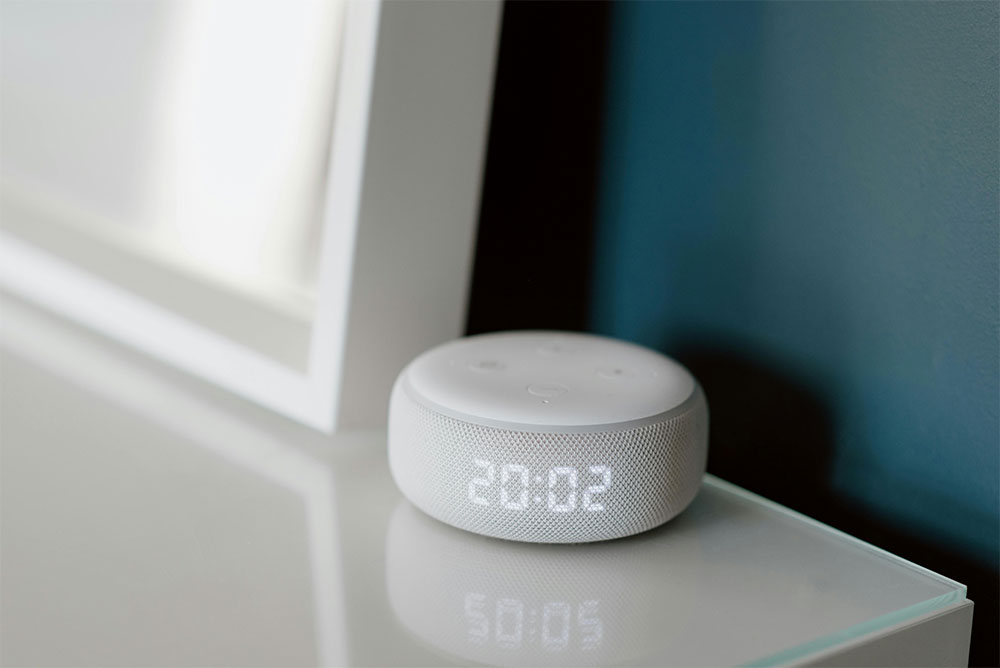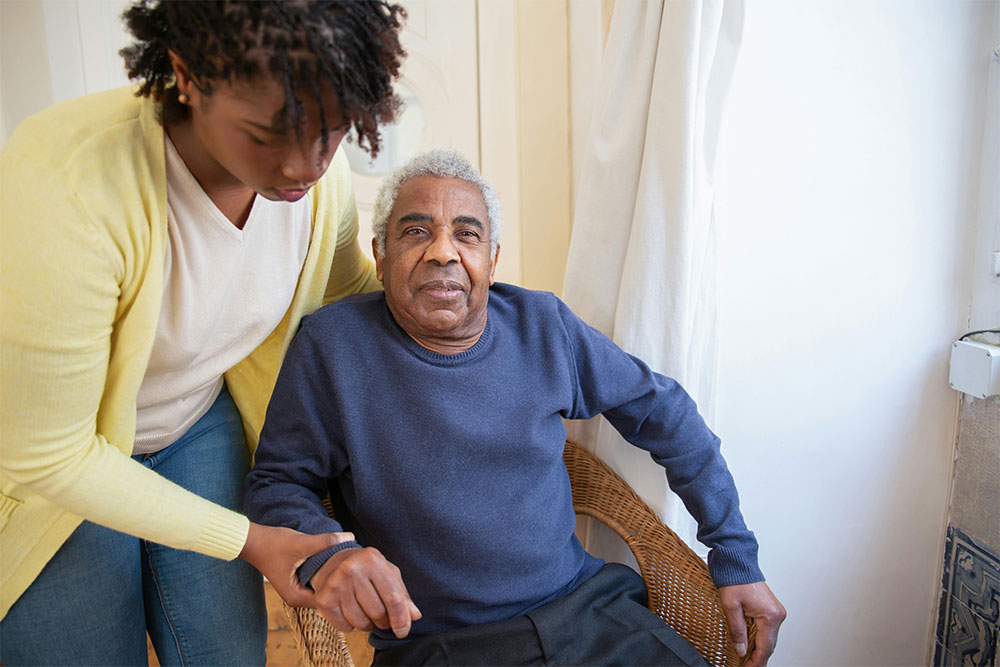In this article, we will learn about Dementia, Alzheimers, and Incontinence. We will learn about what stage of dementia is associated with incontinence and issues, managing symptoms, and improving patient care.

Christopher Ravn
Key Takeaways
1. Incontinence often occurs in mid-to-late stage dementia, affecting both bladder and bowel control.
2. Early identification of incontinence signs through behavioral changes and implementing proactive strategies can improve management.
3. Caregivers play a crucial role in managing incontinence by providing support, creating a routine, and ensuring hygiene for dementia patients.
Table of Contents
1. Understanding Dementia, Alzheimer And Incontinence
2. What Is The Connection Between Dementia And Incontinence?
3. Is Incontinence A Sign Of Dementia?
4. What Stage Of Dementia Does Incontinence Come In?
5. Identifying Incontinence In Early And Mid Stages Of Dementia
6. Incontinence In Advanced Dementia
7. What Stage Of Dementia Is Bowel Incontinence An Issue?
8. Does Dementia Affect Bladder Control?
9. Alzheimer's And Incontinence
10. What Stage Of Alzheimer's Does Incontinence Start?
11. Common Alzheimer Incontinence Issues
12. Alzheimer's, Bladder And Urinary Control
13. Alzheimer's And Loss Of Bowel Control
14. Practical Strategies To Managing Incontinence In Dementia Patients
15. Daily Care Techniques For Incontinence
16. Medications And Therapies For Managing Incontinence In Dementia Patients
17. Technological Aids For Dementia And Incontinence Management
18. Frequently Asked Questions About Dementia And Incontinence
Understanding Dementia, Alzheimer And Incontinence
It is important to understand dementia, Alzheimer’s, and incontinence as these conditions are linked together. Additionally, it has an impact on millions of people around the world.
Dementia is the decline in one’s cognitive function which involves judgment, problem-solving, memory, and language. This condition is progressive and affects one’s ability to navigate their daily tasks, such as communication and maintaining relationships.
Alzheimer’s disease accounts for the highest percentage of dementia cases and is a degenerative brain disorder that targets memory, behavior, and thinking. It is characterized by the buildup of the proteins beta-amyloid and tau, which disrupt normal brain function.
Incontinence or urinary incontinence (UI), is when one loses bladder control, which causes involuntary urine leakage. To add on, fecal incontinence (FI) is when one loses the ability to control their bowels, which results in the involuntary passage of stool. This is the most common symptom for patients with Alzheimer’s or dementia.
What Is The Connection Between Dementia And Incontinence?
The connection between dementia and incontinence is that it affects people with Alzheimer’s and nursing home residents with dementia. It is always linked with the elderly, cognitive decline, and those with physical disabilities increasing. It affects the quality of life for dementia patients, including their caregivers, thus increasing the possibility of social isolation, depression, and anxiety.
Is Incontinence A Sign Of Dementia?
Both urinary and fecal incontinence are common symptoms that are linked with mid to late-stage dementia. Dementia is linked with incontinence due to declining cognitive function, medication, and environmental issues that prevent patients from reaching the washroom in time.
- As dementia progresses, patients may not be able to control their bladder or bowel function because of memory issues and their attention span.
Medications like sleeping pills relax the bowel muscles, leading to incontinence. Physical barriers such as narrow hallways make it an issue for dementia patients to reach the bathroom in time. - Other neurological conditions, like stroke or Parkinson’s disease, can affect movement, which causes incontinence.
What Stage Of Dementia Does Incontinence Come In?
Incontinence creeps in during the middle to late stages of dementia. It begins during the middle stages of dementia because that is when cognitive functions start to significantly decline, medication takes a stronger toll, and the environment starts to become a huge obstacle. In the late stages of dementia, there will be a significant loss of muscle control, an inability to convey their needs, and a dependence on caregivers. It is important to know that incontinence is not inevitable so it is best to work with healthcare professionals to come up with an effective management plan.
Identifying Incontinence In Early And Mid Stages Of Dementia
It is important to identify incontinence in the early and mid stages of dementia by noticing if there are changes in a patient’s behavior, such as being restless, verbal cues from the patient that indicate the need to use the washroom, physical signs like squirming, and changes in sleep patterns. It is also crucial that they go through sensory activities for dementia patients.
Incontinence can occur in dementia patients during the mid-to-late stages of the condition. However, it’s essential to recognize the early signs to manage the symptoms effectively. Some common signs that indicate the beginning of incontinence in dementia patients include:
Caregivers play an important role in monitoring and managing incontinence early on by getting the patients to come up with a regular routine for using the bathroom, using visual reminders to help the person remember, and encouraging communication. Make sure that the toilet is easily accessible and be patient and understanding when dealing with dementia patients.
Incontinence In Advanced Dementia
Here are some ways to manage incontinence in patients battling advanced dementia. You will need to create a supportive environment by allowing easy access to the washroom, installing non-slip mats or grab bars, coming up with a routine to help the patient develop a sense of routine, and using a toilet chart as a reminder. However, adult diapers need to be used to protect against accidents. Ensure that the dementia patient’s skin is always moisturized and encourage the patient to have as much autonomy over their own care as possible. Let them express themselves, and acknowledge their feelings and concerns about incontinence.
Here are practical tips for managing incontinence in late-stage dementia. Keep a toilet log and use visual reminders for the patient to know when to use the toilet. Use pleasant scents and music therapy for dementia to create a calm bathroom atmosphere and light therapy for dementia ensures that the patient is hydrated well to avoid urinary incontinence. Keep a spare set of clothes in case accidents may arise and always seek help from a healthcare professional to provide additional guidance and support.
We Believe Prioritizing Brain Health Enhances Your Quality Of Life
Get to know our team, our mission and how our EVY LIGHT® can provide you and your loved ones with a fuller life, letting you breathe a little easier.
What Stage Of Dementia Does Incontinence Come In?
Bowel or fecal incontinence affects dementia patients in the middle to later stages. Memory loss impacts the patient’s ability to control their bowel movements. As their memory continues to regress, they may forget to use the toilet, struggle to remove their clothing, clean after using the toilet, and even leave the bathroom in a mess. Reduced mobility is another reason for toileting. This is because the patient is unable to move, has an issue sitting or standing for a long time, and requires assistance to clean themselves after using the washroom.
Does Dementia Affect Bladder Control?
Dementia affects bladder control, leading to incontinence. The neurological changes that lead to incontinence are due to changes occurring in the brain. It affects communication between the brain, bladder, and bowel, which leads to a loss of control over the function. Some of the neurological changes that lead to incontinence in people with dementia are due to damage to the frontal cortex, disruption of the micturition pathway, changes in the pontine micturition center, damage to the nerves and changes to the brain’s ability to send and receive signals, which are the reasons for bladder control and thus, lead to incontinence.
Alzheimer's And Incontinence
Alzheimer’s Disease and incontinence are related to people who experience UI and FI. The reason is that the patient experiences neurological changes to the brain, damage to the nervous system, loss of cognitive function, and issues with mobility which are related to urination and bowel movement. This is the reason for incontinence in Alzheimer’s patients.
What Stage Of Alzheimer's Does Incontinence Start?
Incontinence starts during the middle to late stages of Alzheimer’s, which is more common compared to normal cognitive function. Though incontinence is known to start during the middle to late stages of Alzheimer’s, the exact stage in which it starts differs with each person. Stage 6d is when urinary incontinence begins, followed by stage 6e, which is fecal incontinence. During the mid to late stages of Alzheimer’s, cognitive function starts to decline, and the patient has issues with communication, mobility, and operating daily tasks. Thus, it is crucial to learn how to help someone with cognitive impairment.
Common Alzheimer Incontinence Issues
Common Alzheimer’s incontinence issues are urinary incontinence (UI) compared to the general population. Causes of UI in Alzheimer’s disease are neurologic lesions in the nerve centers, damage to the nerve cells, and autonomic neuropathy due to diabetes mellitus and cauda equina syndrome. As for bowel incontinence, it occurs because the patient does not know what is taking place and may not realize they have an urge to go to the bathroom.
Alzheimer's, Bladder And Urinary Control
Here are two types of urinary incontinence in Alzheimer’s patients which are urge incontinence, which is a sudden need to urinate, and stress incontinence, which is when the muscles around the bladder are weak. To manage urinary incontinence in Alzheimer’s patients, methods such as bladder training, using medications such as anticholinergics, and using urinary catheters might be useful to manage incontinence.
Alzheimer's And Loss Of Bowel Control
The reason Alzheimer’s patients struggle with bowel control is because they are unable to recall where the bathroom is, having issues such as urinary tract infections or prostate issues, side effects from the medications, stress, feeling constipated, and having trouble removing clothing.
Symptoms of bowel incontinence are leaky stool or urine, stained bed sheets or underwear, and accidental bowel movements. It is important to speak to a healthcare professional to find out the issues behind it and ways to treat issues such as UTIs to help alleviate symptoms.
Practical Strategies To Managing Incontinence In Dementia Patients
Here are some practical strategies for managing incontinence in dementia patients. Have open communication with dementia patients so that their feelings and concerns are addressed. Ensure a safe space for an open and honest conversation. There should be a sense of trust and understanding that the patient’s needs are being met. Try to use humor to reduce the risk of anxiety and create a routine to reduce the frequency of incontinence. Try to use protective underwear, as there are various types on the market.
Daily Care Techniques For Incontinence
- Ensure hygiene, like washing your hands with soap and water.
- Use a gentle cleanser to clean the private areas.
- Apply diaper cream to protect the perineal skin and change incontinence products frequently.
- Routines are also important to promote regular toileting and comfort.
- Establish a regular toilet schedule and encourage patients to sit on the toilet with their feet elevated.
- Patiently educate the patient to wash after using the toilet and use a gentle cleanser for their intimate areas.
- Use a potty or chair to help access the toilet easily.
- Change incontinence products every 2 to 3 hours.
- Encourage the patient to stretch and take regular breaks to reduce pressure sores.

Medications And Therapies For Managing Incontinence In Dementia Patients
- Imodium and peptobismol are used to treat diarrhea and constipation.
- Laxatives help to prevent constipation.
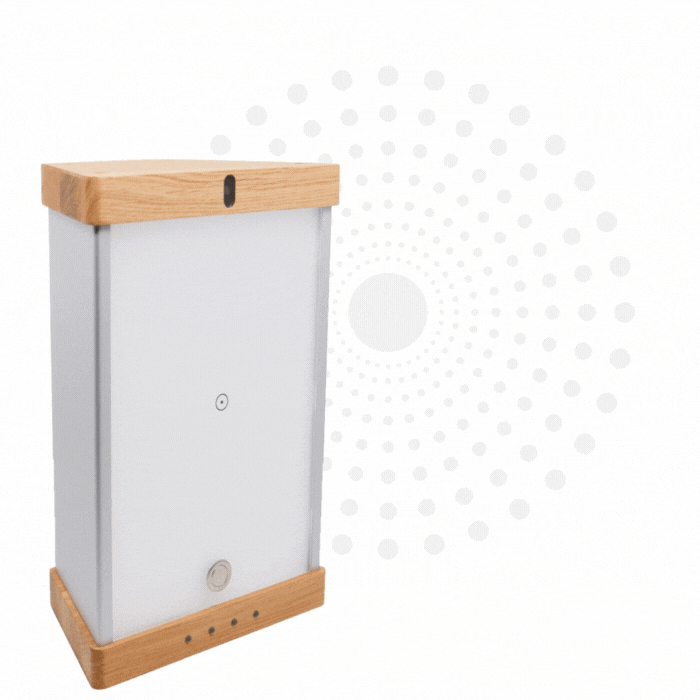
Enhance your brain performance through the power of light.
Comfortable and easy to use 40Hz light therapy to support and improve your brain function.
View Our LightTechnological Aids For Dementia And Incontinence Management
- Bathroom aids such as raised toilet seats and grab bars
- Toilet seats that can be securely fastened and clear flooring that helps to prevent falling.
- Using continence care products such as urinary devices and bowel management systems.
- Smart toilets and bathroom sensors can detect when a patient is in the bathroom.
Smart Continence Monitor And Alert For Dementia Incontinence
- Smart watches that can detect falls, monitor vital signs, and provide alerts to caregivers.
- IoT-based devices that use sensors to track a patient’s location and movement.
- Smart sensors that can detect falls and determine movement. This gives caregivers alerts in an emergency.
- Smart cap devices that use facial recognition to assist Alzheimer patients to detect faces and help reduce anxiety.
How Can Caregivers Improve The Quality Of Life For Dementia Patients With Incontinence?
Caregivers can improve the quality of life for dementia patients with incontinence by encouraging a balanced diet with exercise, assisting them to use technology to help with their mobility, providing emotional support to provide reassurance, and promoting as much autonomy as possible to patients promoting independence and confidence.
View The Video Testimonials Of What Others Have Experienced
See how others have achieved a sharper mind by activating their gamma brainwaves in combination with maintaining a healthy lifestyle.
Frequently Asked Questions About Dementia And Incontinence
What Is Dementia And Incontinence?
The connection between dementia and incontinence is that it affects people with Alzheimer’s and nursing home residents with dementia. It is always linked with the elderly, cognitive decline, and those with physical disabilities increasing. It affects the quality of life for dementia patients, including their caregivers, thus increasing the possibility of social isolation, depression, and anxiety.
What Stage Of Dementia Is Bowel Incontinence An Issue?
Bowel or fecal incontinence affects dementia patients in the middle to later stages. Memory loss impacts the patient’s ability, their bowel movement. As their memory continues to regress, they may forget to use the toilet, struggle to remove their clothing, clean after using the toilet, and even leave the bathroom in a mess. Reduced mobility is another reason for toileting. This is because the patient is unable to move, has an issue in sitting or standing for a long time, and requires assistance to clean themselves after using the washroom.









